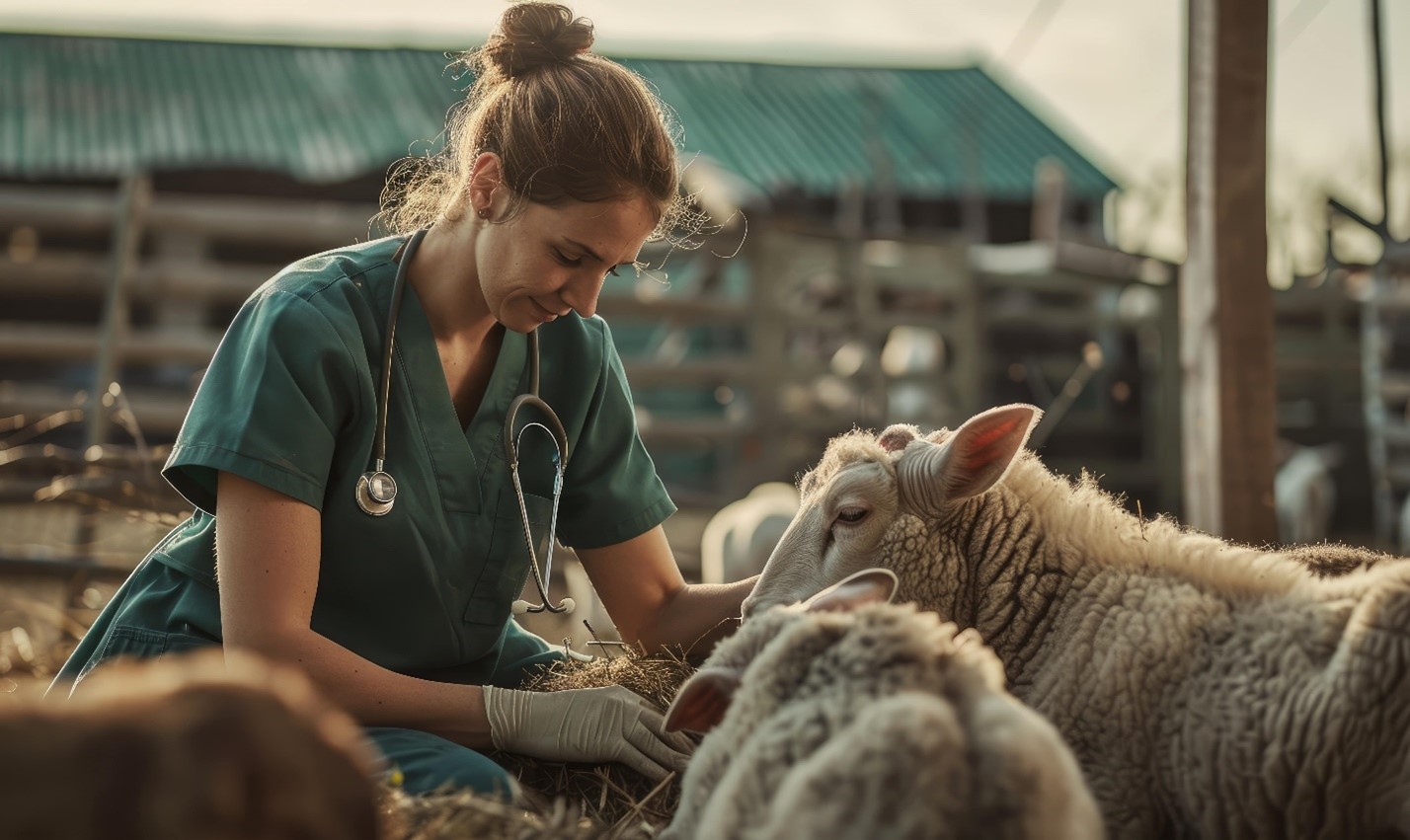What Is AMS Animal Welfare Certified? A Guide to Ethical Meat Production
In recent years, more consumers have become concerned with the ethics of their food, particularly when it comes to how animals are treated in the production of meat, dairy, and eggs. One certification that stands out in addressing these concerns is the AMS Animal Welfare Certification. Created and managed by the United States Department of Agriculture (USDA), this certification ensures that the animals raised for food are treated humanely throughout their lives. As an AMS Animal Welfare Certified operation, Superior Farms in Denver delves into the details of the AMS Animal Welfare Certification, its standards, and the benefits it offers to consumers, producers, and—most importantly—the animals themselves.
What Is AMS Animal Welfare Certification?
AMS stands for the Agricultural Marketing Service, a division of the USDA responsible for ensuring the quality and safety of agricultural products, including livestock. The AMS Animal Welfare Certification is a program under the USDA that verifies and labels products from livestock producers who follow specific animal welfare standards. These standards are designed to ensure that animals are treated humanely from birth to slaughter, providing them with a quality of life that prioritizes their well-being.
This certification allows consumers to easily identify products that meet high animal welfare standards, giving them the confidence that the meat, eggs, or dairy they purchase come from animals raised with care. This program is part of a broader movement toward ethical food production and aligns with the growing demand for transparency in how food is produced.
The Standards of AMS Animal Welfare Certification
The AMS Animal Welfare Certification follows strict guidelines to ensure that the animals’ needs are met. These standards cover every aspect of the animals’ lives, from how they are housed and fed to how they are transported and processed. Here are the key areas addressed by the certification:
1. Humane Housing and Shelter
One of the primary concerns of animal welfare is ensuring that animals have appropriate living conditions. The AMS standards require that animals have enough space to move around freely, express natural behaviors, and avoid stress caused by overcrowding. This means that animals should not be kept in restrictive cages or confined spaces that limit their ability to roam.
Shelters provided to animals must protect them from extreme weather conditions, and bedding or flooring must be comfortable to prevent injuries or health issues. The certification also requires that producers use practices that reduce environmental stressors, such as poor ventilation or excessive noise.
2. Access to Fresh Food and Water
To be AMS Animal Welfare Certified, producers must provide their livestock with continuous access to fresh, clean water and a diet that is appropriate for the species and life stage of the animal. The diet must be nutritionally adequate to support healthy growth and prevent malnutrition or health problems. Furthermore, animals must not be given feed that contains antibiotics or hormones intended to promote unnatural growth or production.
Proper nutrition not only supports the physical health of the animals but also reduces the likelihood of diseases and helps them maintain a healthy weight, promoting overall well-being.
3. Freedom to Express Natural Behaviors
The ability to express natural behaviors is a crucial component of animal welfare. AMS standards ensure that livestock are given opportunities to engage in behaviors they would naturally exhibit in the wild or a natural environment. This could include foraging, rooting, grazing, or dust bathing, depending on the species. For instance, pigs should be able to root in the soil, and chickens should have access to dust baths.
Producers are encouraged to design their farming systems in a way that promotes these behaviors, whether through rotational grazing for cattle or providing pigs with materials like straw for foraging.
4. Humane Handling and Transport
The AMS Animal Welfare Certification also places a strong emphasis on humane handling and transportation of animals. It requires that animals be handled gently to reduce stress and that any transportation to processing facilities is done in a way that minimizes fear, discomfort, and injury. This includes limiting the time animals spend in transit and ensuring that transportation methods provide adequate ventilation and space.
Producers are trained in humane handling practices, and animals must be monitored closely during transportation to address any signs of distress or health issues.
5. Ethical Slaughter Practices
When animals are eventually slaughtered for meat production, the AMS standards ensure that this process is done as humanely as possible. The certification requires producers to follow regulations that minimize the pain and suffering of animals during slaughter, ensuring that they are rendered unconscious before being processed. This standard is based on existing humane slaughter laws but goes a step further by requiring additional oversight and verification by third-party auditors.
Why AMS Animal Welfare Certification Matters
The AMS Animal Welfare Certification offers several benefits, which appeal to both consumers and producers alike.
1. Transparency for Consumers
As more people seek transparency in food production, the AMS Animal Welfare Certification provides a clear indicator of ethical farming practices. Consumers who care about animal rights and sustainable farming can trust that products bearing this certification meet high standards for animal welfare. This transparency fosters trust between consumers and producers and helps customers make informed purchasing decisions.
2. Improved Quality of Life for Animals
At its core, the certification ensures that animals are treated with respect and care throughout their lives. It focuses on reducing stress, preventing injuries, and promoting natural behaviors, all of which contribute to better overall health for the animals. Healthier animals often result in better-quality meat, milk, or eggs, further benefiting consumers.
3. Sustainable and Ethical Farming Practices
By following AMS guidelines, producers are encouraged to adopt sustainable practices that minimize environmental impact and support ethical farming. This includes reducing the use of antibiotics and hormones, promoting biodiversity through rotational grazing, and managing waste in an environmentally friendly way. These practices align with a broader shift toward more sustainable agriculture, benefiting both the planet and future generations.
How to Identify AMS Animal Welfare Certified Products
While this distinction may be found on the label, many brands that carry this certification will often highlight their animal welfare commitments on their websites or product marketing, allowing consumers to dig deeper into the specific practices of the producers.
The AMS Animal Welfare Certification is a vital tool for promoting ethical meat production and ensuring that animals are treated humanely throughout their lives. It provides consumers with the transparency they need to make informed choices while pushing the industry toward more sustainable and humane farming practices. As demand for ethically produced food grows, certifications like AMS will continue to play a critical role in shaping the future of food production.


